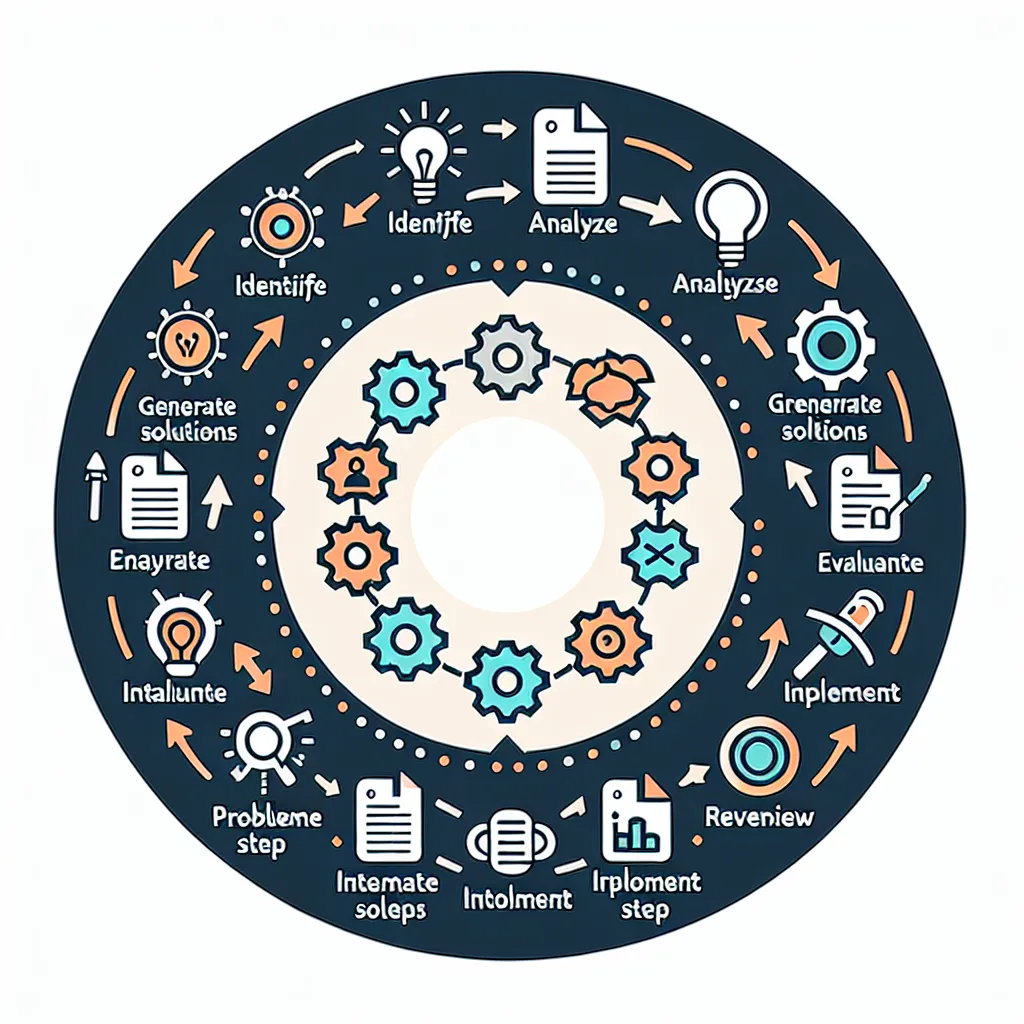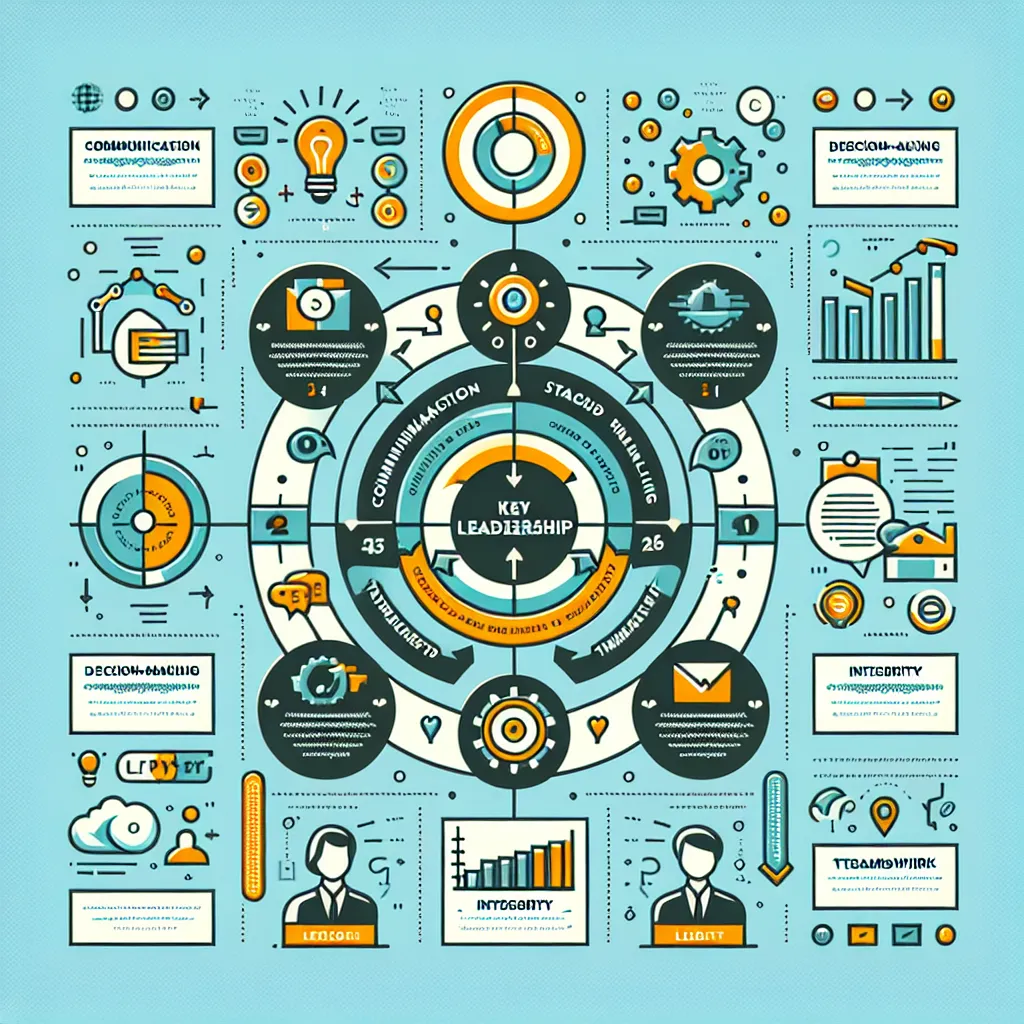Work experience is a crucial topic in any job interview, and being able to discuss it effectively in English can significantly impact your chances of landing the job. This guide will help you navigate through various questions about your work history, providing you with strategies to showcase your skills and experiences confidently.
Understanding the Importance of Work Experience Questions
Interviewers ask about your work experience to assess your qualifications, skills, and potential fit for the role. These questions allow you to demonstrate how your past experiences have prepared you for the position you’re applying for.
 Interview Preparation
Interview Preparation
How Interviewers Evaluate Candidates’ Work Experience Responses
When discussing your work experience, interviewers typically evaluate:
- Relevance to the position
- Depth of experience
- Skills and competencies gained
- Achievements and contributions
- Ability to articulate experiences clearly
Common Work Experience Questions and Sample Answers
Let’s explore some frequently asked questions about work experience and how to answer them effectively.
1. “Can you tell me about your work experience?”
This is often an opening question. Provide a concise overview of your career journey, focusing on relevant experiences.
Sample answer: “I have over five years of experience in digital marketing. I started as a content writer at XYZ Company, where I honed my writing skills and learned SEO basics. Later, I moved to ABC Agency as a Digital Marketing Specialist, managing social media campaigns and email marketing. In my most recent role at DEF Corporation, I led a team of five, overseeing all digital marketing efforts, which resulted in a 30% increase in online conversions.”
2. “What were your main responsibilities in your previous job?”
Focus on responsibilities that align with the job you’re applying for.
Sample answer: “As a Project Manager at GHI Solutions, my main responsibilities included:
- Leading cross-functional teams of up to 10 members
- Developing project timelines and ensuring deadlines were met
- Managing budgets of up to $500,000
- Communicating project progress to stakeholders
- Identifying and mitigating potential risks”
3. “What is your biggest professional achievement?”
Choose an achievement that showcases skills relevant to the new position.
Sample answer: “My biggest professional achievement was leading a company-wide digital transformation project at JKL Industries. I coordinated the implementation of a new CRM system across five departments, which improved customer response times by 40% and increased sales by 25% within the first year. This project required strong leadership, communication, and problem-solving skills, as well as the ability to adapt to challenges quickly.”
4. “How has your previous experience prepared you for this role?”
Align your past experiences with the requirements of the new position.
Sample answer: “My experience as a Customer Service Representative at MNO Telecom has prepared me well for this Sales Manager role. In my previous position, I consistently exceeded customer satisfaction targets and developed strong interpersonal skills. I also gained in-depth product knowledge and honed my ability to identify customer needs quickly. These skills are directly transferable to sales, where understanding customer requirements and building relationships are crucial.”
5. “Why did you leave your last job?”
Be honest but positive, focusing on growth and new opportunities.
Sample answer: “I decided to leave my previous position because I was seeking new challenges and opportunities for growth. While I learned a great deal and enjoyed my time there, I felt I had reached a point where I needed to expand my skills in a different environment. This role at your company offers the chance to take on more responsibilities and contribute to larger-scale projects, which aligns perfectly with my career goals.”
Tips for Answering Questions Outside Your Expertise
Sometimes, you may encounter questions about areas where you lack experience. Here’s how to handle them:
- Be honest about your limitations
- Express enthusiasm to learn
- Highlight transferable skills
- Provide examples of quick learning from past experiences
Sample response: “While I don’t have direct experience with that specific software, I’m a quick learner and have successfully adapted to new technologies in the past. For instance, in my previous role, I mastered a complex CRM system within two weeks. I’m excited about the opportunity to learn and apply new skills in this position.”
Common Mistakes to Avoid When Discussing Work Experience
- Providing too much detail or rambling
- Speaking negatively about previous employers or colleagues
- Exaggerating or lying about your experiences
- Failing to connect past experiences to the new role
- Undervaluing your achievements
To avoid these pitfalls, practice your responses, focus on relevant information, and maintain a positive, professional tone.
Follow-up Questions and Suggested Answers
Here are some follow-up questions you might encounter, along with suggested responses:
-
“How do you handle conflict in the workplace?”
Suggested answer: “I approach conflicts with open communication and a focus on finding mutually beneficial solutions. In my last role, I mediated a disagreement between two team members by organizing a meeting where both could express their concerns. We then collaboratively developed a plan that addressed both parties’ needs, improving team dynamics and productivity.” -
“Can you give an example of a time you failed at work and how you handled it?”
Suggested answer: “In my first management role, I underestimated the time needed for a crucial project, leading to missed deadlines. I took responsibility for the mistake, worked with the team to prioritize tasks, and communicated transparently with stakeholders about the delay and our recovery plan. This experience taught me the importance of realistic planning and proactive communication.” -
“How do you stay updated with industry trends?”
Suggested answer: “I stay current by subscribing to industry newsletters, attending webinars, and participating in professional networking events. I also follow thought leaders on LinkedIn and regularly read industry publications. Recently, I completed an online course on emerging technologies in our field to deepen my knowledge.” -
“What’s the most challenging project you’ve worked on, and why?”
Suggested answer: “The most challenging project was implementing a new inventory management system across multiple locations. It was complex due to the scale, tight deadlines, and resistance to change from some staff. I overcame these challenges by creating a detailed implementation plan, conducting thorough training sessions, and maintaining open lines of communication with all stakeholders.” -
“How do you prioritize tasks when working on multiple projects?”
Suggested answer: “I use a combination of urgency and importance to prioritize tasks. I start by listing all tasks and deadlines, then categorize them based on their impact on project goals. I use project management tools to track progress and adjust priorities as needed. This approach has helped me consistently meet deadlines and manage stakeholder expectations effectively.”
Conclusion
Effectively discussing your work experience in English requires preparation, clarity, and the ability to connect your past experiences with the job you’re applying for. By following these guidelines and practicing your responses, you’ll be well-equipped to showcase your qualifications confidently in your next interview.
Remember to tailor your answers to the specific role and company, and always be honest and positive in your responses. Good luck with your interview preparation!
For more interview tips, check out our guides on how to answer “What makes you a good fit for this job?” in English and how to talk about your communication style in an interview.




